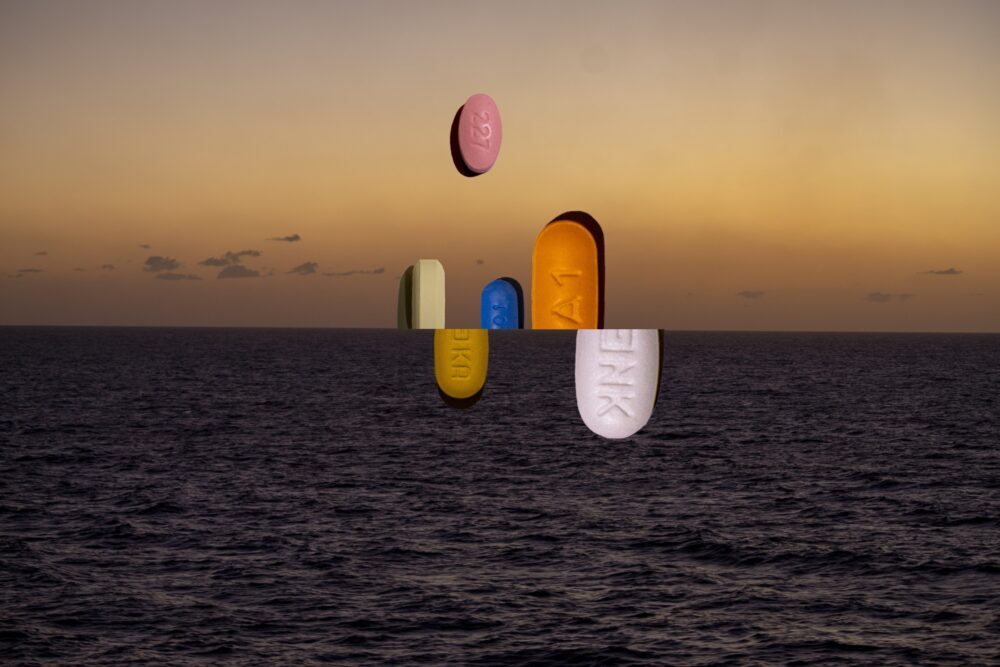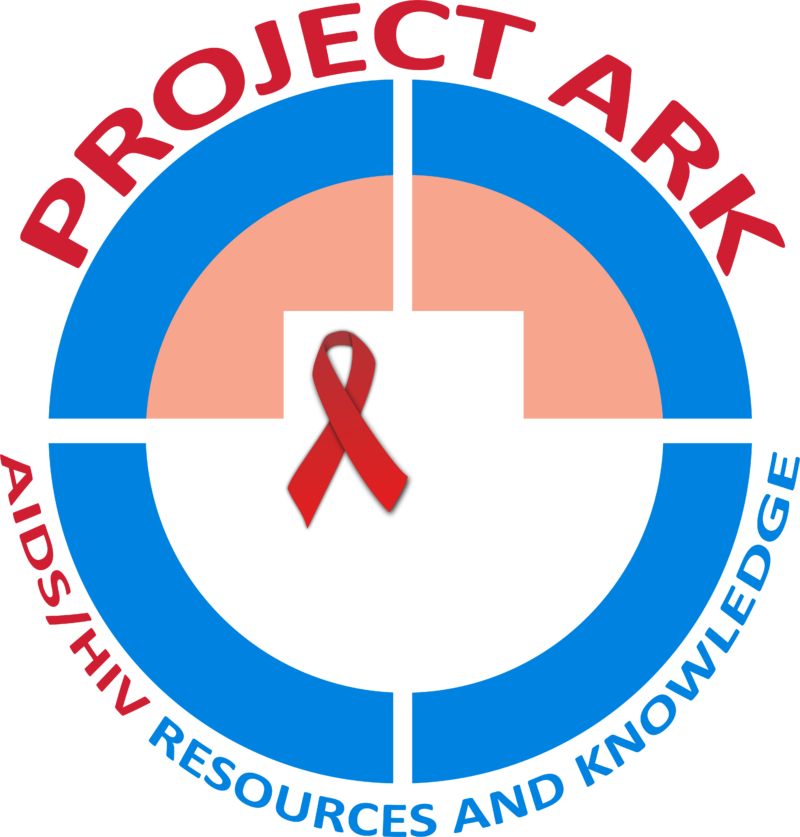Every year on December 1, World AIDS Day offers a show of support for people living with HIV and AIDS. This year for Day With(out) Art: Enduring Care, CAM pairs screenings of artist videos commissioned by Visual AIDS with a panel discussion featuring individuals from our community.
To begin the program, a roundtable conversation features local voices on the power of community care through art, activism, and cultural organizing. Although this year marks the fortieth anniversary of the first diagnosed HIV/AIDS patient in 1981, it is important to note that the earliest known case of AIDS was actually here in St. Louis. Robert Rayford, a 16-year old St. Louis native passed away at City Hospital in 1969. At the time, his cause of death was unknown, but in 1987, his collected tissue samples were analyzed and revealed he had died from an AIDS-related illness. With this information, we now know that communities were impacted by HIV long before the medical industry acknowledged it, and community care was involved with those affected by the disease before HIV service organizations emerged.
From histories of harm reduction and prison activism to the long-term effects of HIV medication and stigma, the commissioned videos center on stories of collective care, mutual aid, and the rise of a solidarity movement that recast community work as a form of medicine. The program disrupts the assumption that an epidemic can be solved with pharmaceuticals alone, pointing to corrupt leadership within government and non-profit organizations, as well as broader racial and gender inequities that persist despite scientific advances. Community care was the only option for people living with HIV prior to 1981, and due to the limitations of biomedical intervention, it remains just as essential today.
Warm drinks and light refreshments provided.
5:30 pm – Doors Open
The following organizations will provide tabling with information: City of St. Louis Department of Health, Planned Parenthood of the St. Louis Region and Southwest Missouri, Project ARK, and What Would an HIV Doula Do?
6:00 pm – Roundtable Conversation
- Lois Conley: Founder/President/CEO of The Griot Museum of Black History, host of the Impact HIV/AIDS Initiative
- Montrelle Day: HIV educator and activist and Senior Outreach Specialist at Community Wellness Project
- Miyonnee Hickman: HIV advocate, Transgender-women Intervention Specialist at Community Wellness Project, and Coalition Coordinator for the MO Ho Justice Coalition
- charles ryan long: artist, activist, and Black liberationist who has recently been a Visual AIDS featured artist
7:00 pm – Visual AIDS video program
Seven short videos commissioned by Visual AIDS will highlight strategies of community care within the ongoing HIV epidemic. The program will feature newly commissioned work by Katherine Cheairs, Cristóbal Guerra, Danny Kilbride, Abdul-Aliy A. Muhammad, Beto Pérez, Steed Taylor, and J Triangular. The artists in this year’s program were selected through an open call process juried by Ivy Arce, Jean Carlomusto, Thomas Allen Harris, and Mathew Rodriguez. Running time: 60 minutes.

